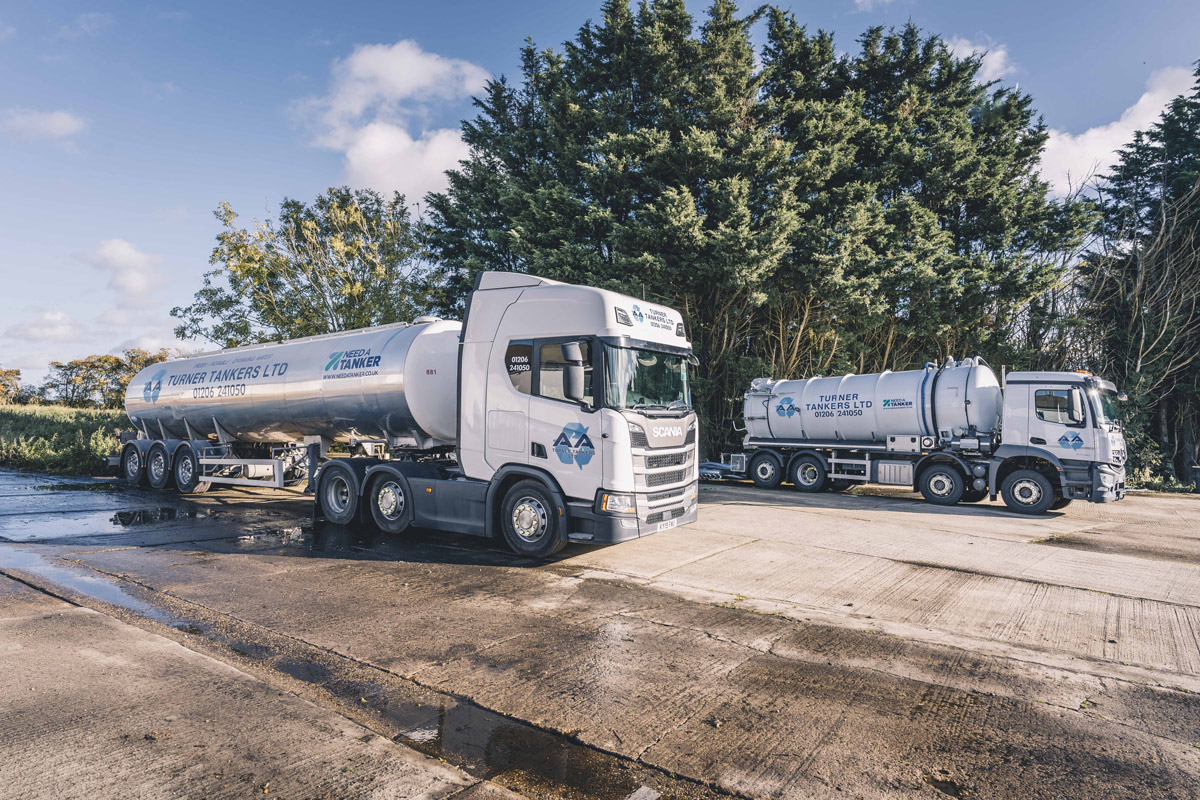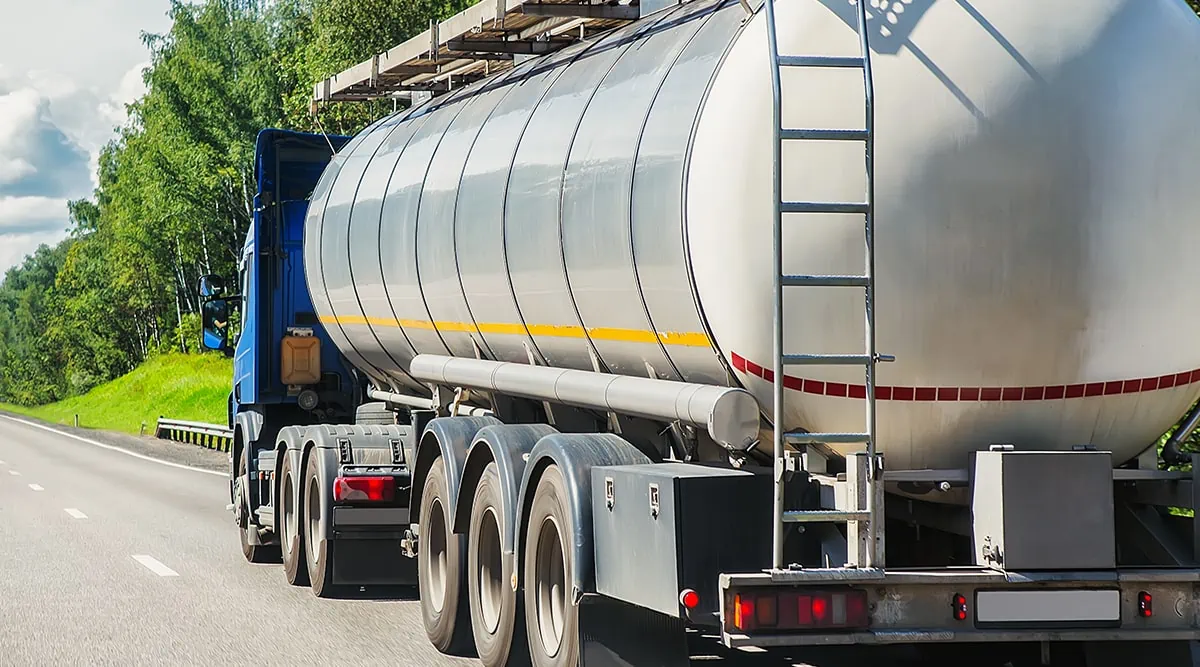Examine This Report about Reclaim Waste
Examine This Report about Reclaim Waste
Blog Article
How Reclaim Waste can Save You Time, Stress, and Money.
Table of ContentsThe smart Trick of Reclaim Waste That Nobody is Talking AboutEverything about Reclaim WasteSome Known Details About Reclaim Waste How Reclaim Waste can Save You Time, Stress, and Money.The Greatest Guide To Reclaim Waste
Check out the types, incidents, and types of liquid waste. Residential sewer waste describes the waste and items from a household septic system. This sort of waste is created by humans in homes, colleges, and various other structures. This only consists of septic systems that have a drain area. The correct management and disposal of residential sewage waste call for fluid waste to be transferred to a sewer therapy plant where the correct methods and tools are applied to purify and dispose of waste.
Industrial waste often consists of possible risks, such as combustible materials or a mix of liquid and solid waste items, and needs an extra innovative and detailed disposal procedure. The disposal of industrial waste usually entails the filtration of waste prior to transport to make certain risk-free and correct disposal. Industrial waste is produced from results and runoff of commercial procedures and manufacturing.
This kind of waste can not use the same sewer monitoring transport or processes as septic or business liquids. The industrial waste administration process requires the evaluation and testing of fluid waste prior to it undergoes the disposal process (liquid waste removal melbourne). Drainage waste is the liquid waste that comes from runoff and excess stormwater in highly populated areas or cities
Drainage waste can cause contamination and flooding if not taken care of appropriately. Guaranteeing correct waste monitoring can stop disasters and decrease ecological damage.
Getting The Reclaim Waste To Work
Get in touch with PROS Providers today to discover our waste administration and disposal services and the proper methods to take care of the fluid waste you produce.
(https://issuu.com/reclaimwaste1)This supposed 'wastewater' is not just an essential resource but, after treatment, will be released to our land, waterways or the sea. Utilized water from toilets, showers, baths, kitchen sinks, laundries and industrial procedures is recognized as wastewater.

water used to cool down machinery or tidy plant and equipment). Stormwater, a kind of wastewater, is drainage that moves from farming and metropolitan locations such as roofing systems, parks, yards, roads, courses and rain gutters right into stormwater drains, after rainfall. Stormwater streams untreated straight to regional creeks or rivers, at some point getting to the sea.
Little Known Facts About Reclaim Waste.
In Queensland, a lot of wastewater is treated at sewage treatment plants. Wastewater is transferred from domestic or industrial sites with a system of sewage systems and pump terminals, understood as sewerage reticulation, to a sewage therapy plant. City governments develop, preserve and run most sewer treatment plants. Operators are certified under the Environmental Management Act 1994 to release cured wastewater at an appropriate ecological criterion into rivers.
The Department of Natural Resources advises city governments concerning handling, operating and keeping sewerage systems and therapy plants. In unsewered locations, city governments might call for householders to set up individual or family sewer therapy systems to treat domestic wastewater from commodes, cooking areas, washrooms and laundries. The Division of Natural Resources authorizes using household systems when they are proven to be effective.
A lot of stormwater gets no treatment. In some brand-new communities, treatment of click for more info some stormwater to remove trash, sand and gravel has begun making use of gross toxin traps. Wastewater therapy happens in four stages: Gets rid of strong matter. Bigger solids, such as plastics and other objects incorrectly released to drains, are removed when wastewater is travelled through displays.
Makes use of little living microorganisms recognizes as micro-organisms to damage down and remove continuing to be liquified wastes and great particles. Micro-organisms and wastes are integrated in the sludge.
Get This Report about Reclaim Waste
Nutrient elimination is not readily available in any way sewage therapy plants due to the fact that it needs expensive specialised tools. It is ending up being more common in Queensland. Clear fluid effluent generated after therapy may still contain disease-causing micro-organisms. If this effluent is released into waterways such as rivers or the sea, the micro-organisms will ultimately die out.

A lot of wastewater streams right into the sewage system. Under the Act, neighborhood federal governments administer authorizations and permits for environmentally pertinent activities (ERAs) entailing wastewater releases that might have a local influence.
Fascination About Reclaim Waste
Tracking supplies valid information about water high quality and can confirm that permit problems are being satisfied. The information obtained via surveillance supplies the basis for making water high quality choices.
Report this page